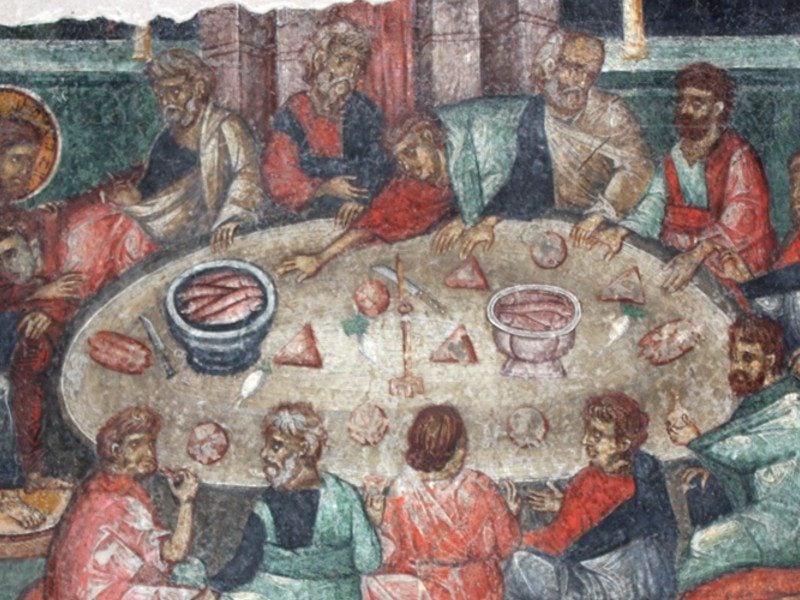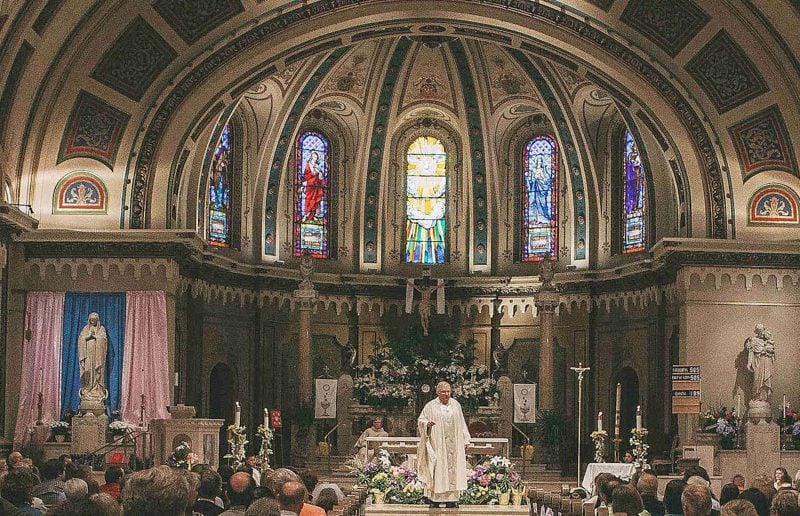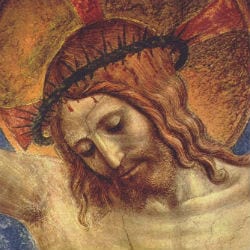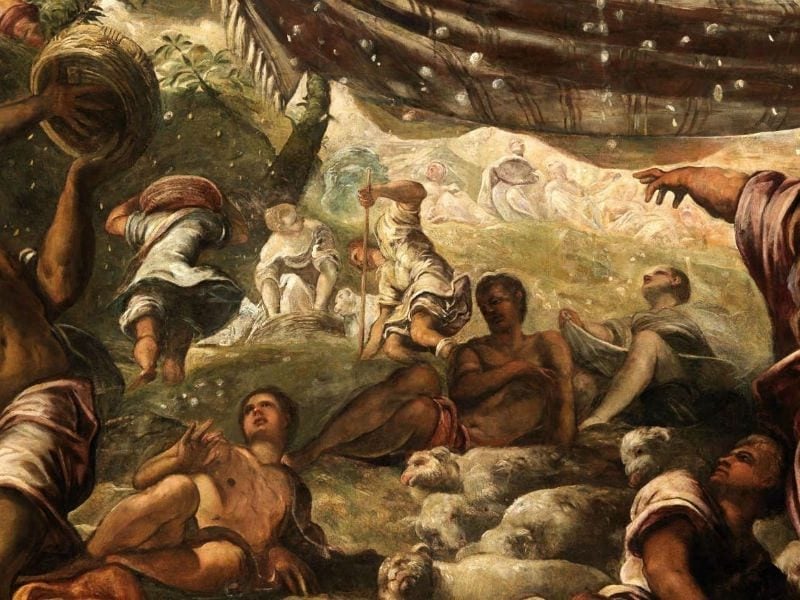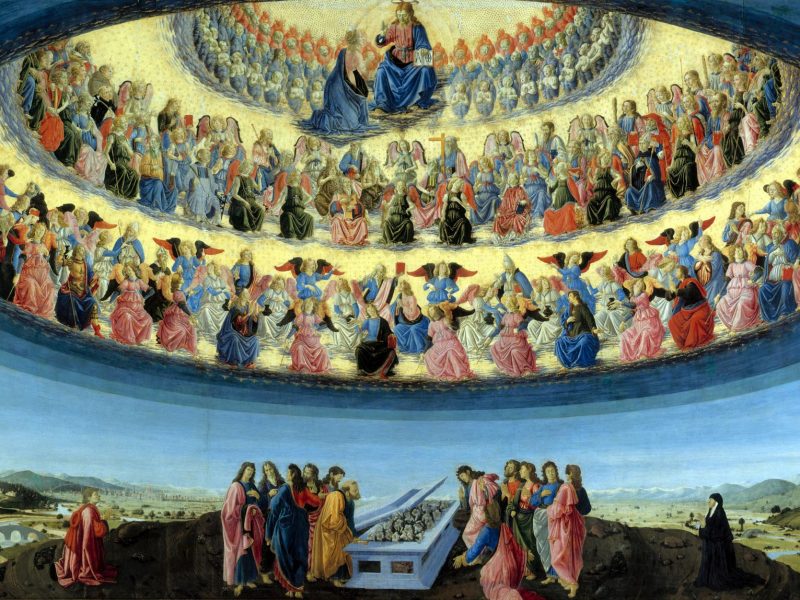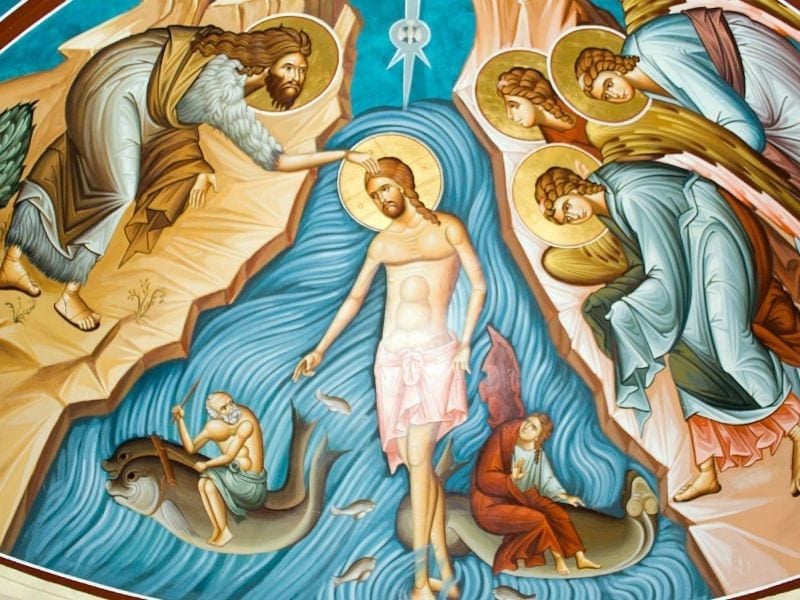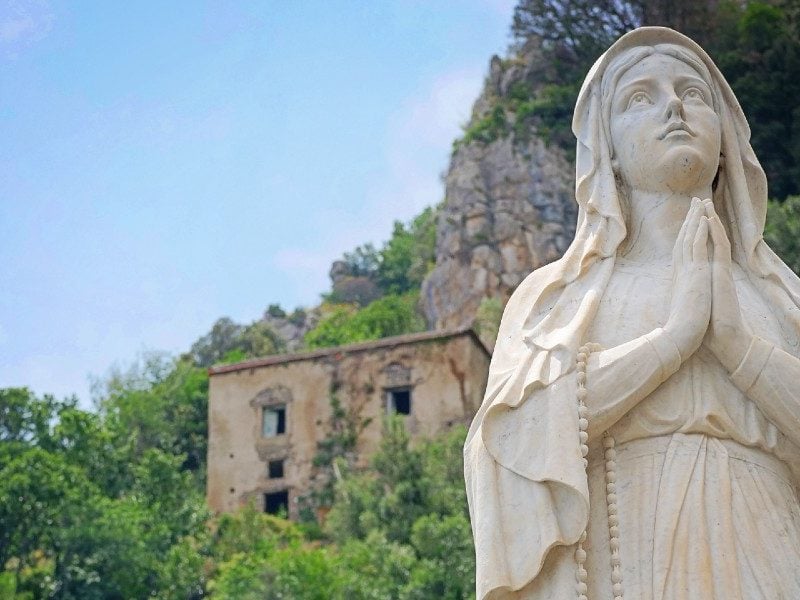Sunday Eucharist in the Early Church – Justin Martyr
Justin here describes the way the Sunday Eucharist was celebrated in Rome about 150 AD about 50-60 years after the last New Testament books. It shows that the Eucharist was interpreted in a very realistic way in the early church....



